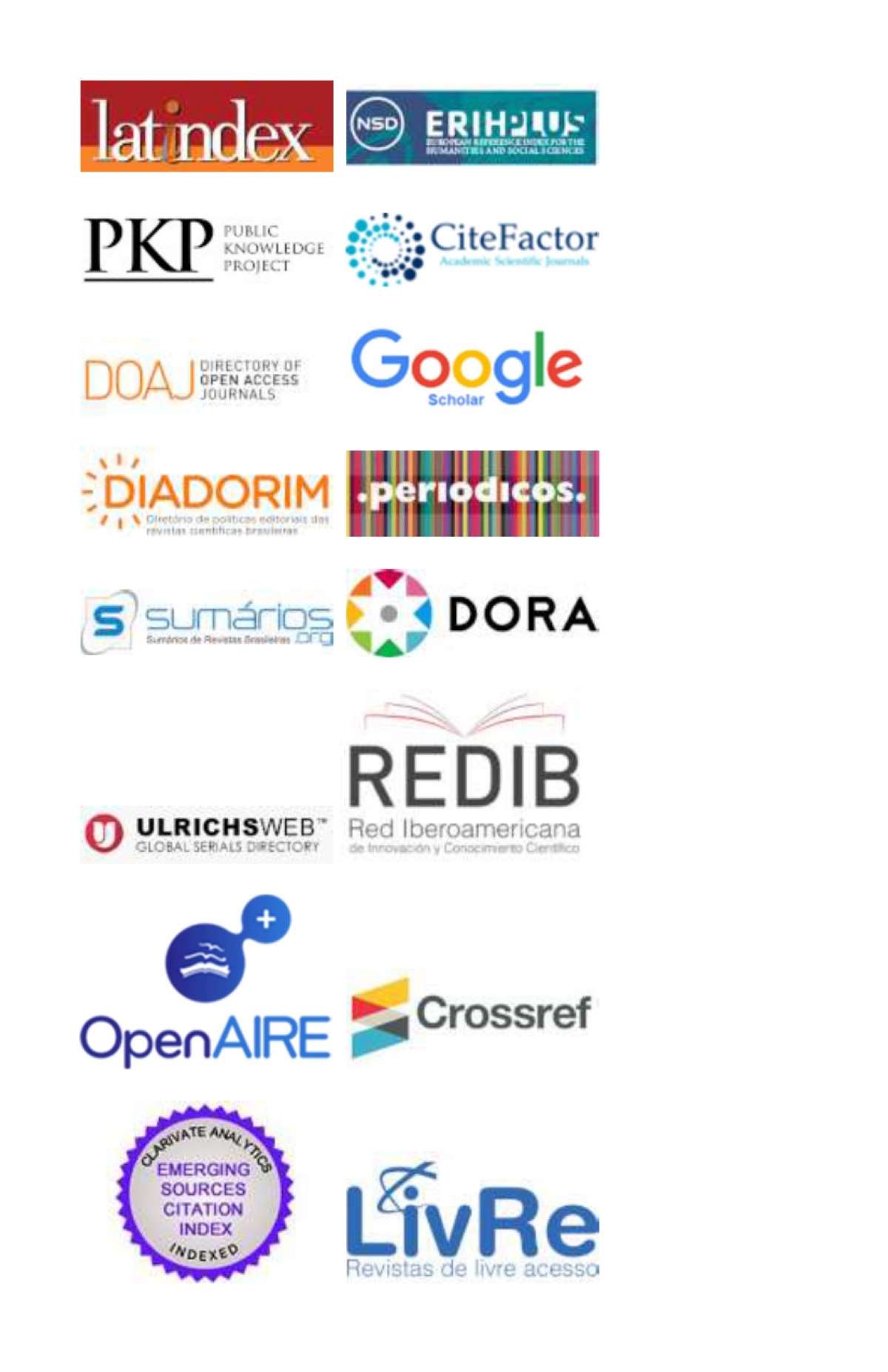REDEFINING INTERPRETERS’ AND TRANSLATORS’ ROLES
UNVEILING FORENSIC EXPERTISE IN LAWFUL INTERCEPTION OF COMMUNICATION
DOI:
https://doi.org/10.21783/rei.v10i2.817Keywords:
Interpreter, Translator, Roles, Intercept Interpreting, Communication Surveillance, TranslationAbstract
In multilingual societies, translation and interpreting play pivotal roles in facilitating access to essential services provided by public institutions for individuals speaking languages other than the official language. However, prevailing assumptions among professionals in these institutions often regard translation as a mechanical process, overlooking the inherent interpretive nature of interlingual transfer. This study examines the interventions of intercept interpreters/translators (IITs) in the translation process within the criminal justice system, focusing on covert communication surveillance. An analysis of 538 translated intercept records (TIRs) reveals that IITs significantly intervene in selecting and interpreting content, often decrypting vague or encoded terms used in intercepted conversations. These interventions, which include annotations and comments, shape the evidentiary value and comprehensibility of TIRs. The findings highlight the complex nature of communication surveillance and underscore the need to reconsider the roles of translators and interpreters. This study contributes to our overall understanding about the ambiguous roles interpreters and translators may play in public institutions. As for IITs, the study suggests a re-evaluation of their roles that recognizes their specialized skills and multiple tasks.
Downloads
References
ANGELELLI, Claudia. Revisiting the interpreter’s role: A study of conference, court, and medical interpreters in Canada, Mexico, and the United States. Amsterdam: John Benjamins, 2004.
BELL, Allan. Language Style as Audience Design. Language in Society, v. 13, n. 2, p. 145– 204, 1984.
CHAKHACHIRO, Raymond. Contribution of prosodic and paralinguistic cues to the translation of evidentiary audio recordings. Translation and Interpreting, v. 8, n. 2, p. 46–63, 2016.
DE KEIJSER, Jan; MALSCH Marijke; KRANENDONK, Robin; DE GRUIJTER, Madeleine. Written records of police interrogation: Differential registration as determinant of statement credibility and interrogation quality. Psychology, Crime and Law, v. 18, n. 7, p. 613–29, 2012.
GARFINKEL, Harold. ‘Good’ organizational reasons for ‘bad’ clinic records. In: GARFINKEL, Harold (ed). Studies in Ethnomethodology. Englewood Cliffs, NJ: Prentice-Hall, p. 186–207, 1967.
GILBERT, David; HEYDON, Georgina. Translated transcripts from covert recordings used for evidence in court: Issues of reliability. Frontiers in Communication, v. 6, Article 779227, p. 1–13, 2021.
GILBERT, David. Electronic surveillance and systemic deficiencies in language capability: implications for Australia’s national security. PhD Thesis, RMIT University, Australia, 2014.
GRIEBEL, Cornelia; HAVELKA, Ivana. Interpreting, translating or investigating? Framing the competences of a hybrid translational field: intercept interpreting. Perspectives, p. 1–20, 2024.
HALE, Sandra. The Discourse of Court Interpreting: Discourse Practices of the Law, the Witness, and the Interpreter. Amsterdam: John Benjamins, 2010.
HALE, Sandra. Approaching the bench: teaching magistrates and judges how to work effectively with interpreters. Monografías De Traducción E Interpretación, n. 7, p. 163–180, 2015.
HAVELKA, Ivana. Interpreting intercepted communication: from talk to evidence. Translation and Interpreting, v. 16, n. 1, p. 17–37, 2024
HAWORTH, Kate. Audience design in the police interview: The interactional and judicial consequences of audience orientation. Language in Society, v. 42, p. 45–69, 2013.
JÖNSSON, Linda; LINELL, Per. Story generations: From dialogical interviews to written reports in police interrogations. Text, v. 11, n. 3, p. 419–440, 1991.
KOMTER, Martha. The suspect’s statement: Talk and text in the criminal process. Cambridge: University Press, 2019.
LAI, Miranda. Transcribing and translating forensic speech evidence containing foreign languages—An Australian perspective. Frontiers in Communication, v. 8, p. 1–18, 2023.
NORD, Christiane. Scopos, loyalty, and translational conventions. Target, v. 3, n. 1, p. 91–109, 1991.
REISS, Katharina; VERMEER, Hans J. Towards a general theory of translational action: Skopos theory explained. London: Taylor and Francis, 1984/2014.
SALAETS, Heidi; ALSULAIMAN, Abied; BIESBROUCK, Silke. Tap Interpreting: from practice to norm. A Belgian case study. Turjuman, v. 24, n. 2, p. 11–49, 2015.
SCHREIER, Margrit. Qualitative content analysis. In: FLICK, Uwe (ed). Handbook of qualitative data collection. London: Sage, p. 170–183, 2014.
SMITH, Dorothy. The active text: a textual analysis of the social relations of public textual discourse. In: SMITH, Dorothy (ed). Texts, Facts, and Femininity: Exploring the Relations of Ruling, London: Routledge, p. 120–158, 1990.
TAIBI, Mustapha; MARTIN, Anne. Court translation and interpreting in times of the “War on Terror”: The case of Taysir Alony. Translation and Interpreting, v. 4, p. 77–98, 2012.
VAN CHARLDORP, Tessa. What Happened? From Talk to Text in Police Interrogations. Language and Communication, v. 36, p. 7–24, 2014.
ZIMMERMAN, Don. Fact as a Practical Accomplishment. In: TURNER, Roy (ed). Ethnomethodolgy: Selected Readings. Harmondsworth: Penguin, p. 128–143, 1969/1974.
Downloads
Published
How to Cite
Issue
Section
License
Copyright (c) 2024 Franziska Hohl Zuercher, Nadja Capus

This work is licensed under a Creative Commons Attribution-NonCommercial 4.0 International License.
The authors hold their copyright and concede to the JOURNAL OF INSTITUTIONAL STUDIES the right to the first publication, in accordance with the Creative Commons Attribution license.
Authors are strongly encouraged to publish their manuscripts in other medias, such as institutional repositories and personal pages. The Journal only requires the credits of the first publication.






